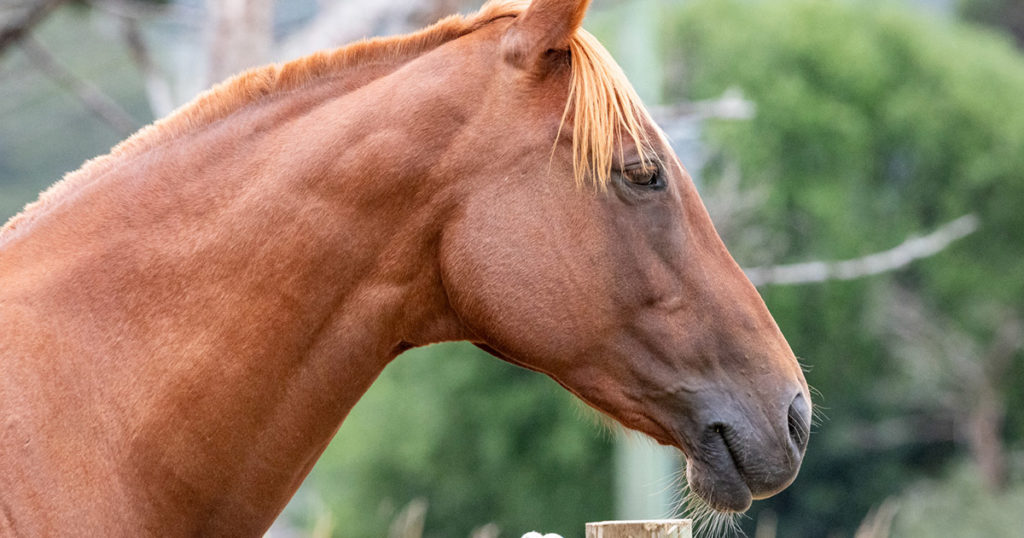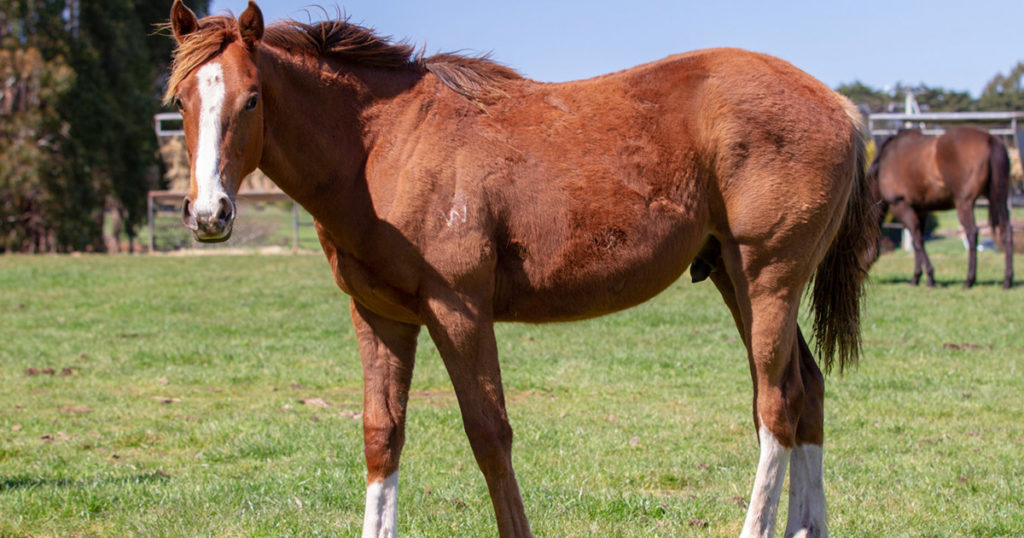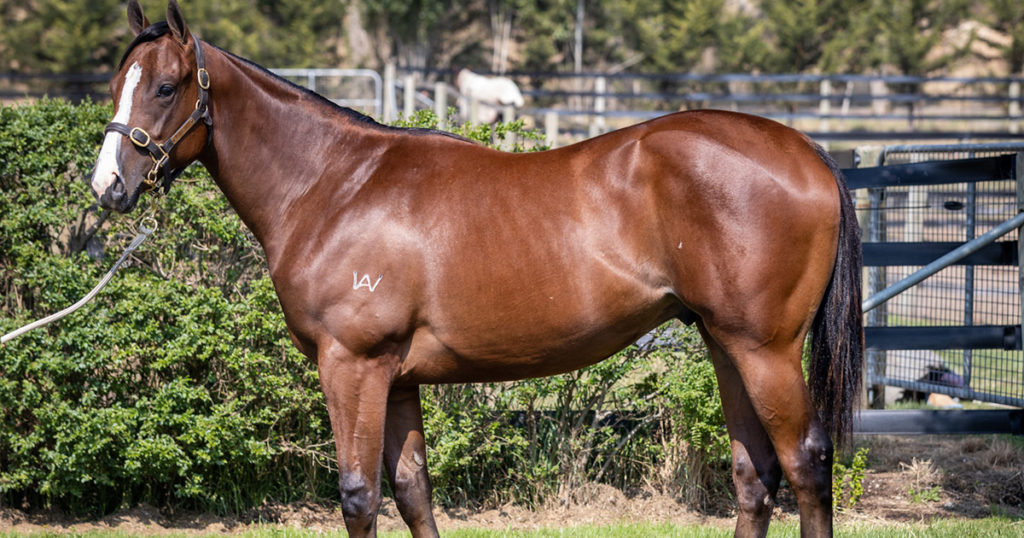Probiotics for horses is something which is continuing to become more popular. Many feed and supplement companies are now adding probiotics to their formulations. Plenty of horse people feed their horses yoghurt as a probiotic source with the belief that doing so will aid in the treatment of a variety of health conditions.
But do probiotics for horses provide any benefit? Do they actually work? And what do we need to be aware of?….
The current research regarding probiotic supplementation in equines is quite limited. Studies have shown mixed results about their use: some probiotics may be beneficial in some cases; some may have adverse effects on the health of our horses. A good example of this is some cases of diarrhoea may be worsened with the use of some types of probiotics.
Yet there are currently so many gaps in our knowledge of the equine gastrointestinal microbiome and so many variables which can influence the effects which probiotics may have in our horses and ponies.
Before using probiotic containing feeds or supplements in our horses, the following points are worth considering.
Some common (yet rarely discussed) limitations/drawbacks of the addition of probiotics for horses in feeds and supplements are:
- Heat exposure. Many (but not all) probiotics for horses are only stable and remain viable within a certain temperature range. If a feed is produced using heat (as many processed feeds are) and the probiotic is exposed to heat during the cooking process, then the probiotic may not survive.
- Similar to the above, certain types of probiotics are incredibly sensitive to temperature. For these types of probiotics, if they are not kept in cool enough conditions (ie refrigeration), then the probiotics may not remain live or viable.
- Before we purchase the probiotic, how do we know the product has been kept in/stored in suitable conditions to allow that probiotic to remain live? Many feeds and supplements sit in warehouses, shipping containers, etc- which are often hot, and in turn, can compromise the integrity and efficacy of the product.
- Many strains of probiotics used in horse products fail to include strain identification. Different strains of probiotics have different therapeutic properties- and don’t necessarily correlate with human probiotic use and benefits.
- Many probiotic products don’t contain a sufficient number of probiotics (furthermore, it is quite common for horse feeds and supplements to not disclose individual counts of probiotics in their products). Without knowing the number of certain strains of probiotics in a product, we don’t have the information necessary to dose the product correctly to be clinically effective.
- Are the probiotics we’re using resistant to stomach acid and bile salts naturally produced by the horse? If not, they have little chance of reaching the hindgut and colonising it adequately.
- Are the probiotics in the formulation able to adhere to the intestinal wall to properly colonise and exert their effects long-term?
- Some probiotics for horses may have the potential to influence the efficacy of certain types of antibiotics.
Whilst probiotics may be beneficial in the prevention, management and/or treatment of specific health conditions in horses, careful consideration needs to be given before using them. Not all probiotics are created equally, and sometimes seemingly innocuous supplements can work against the desired health outcomes we are trying to achieve in our equines.
Stallion Health and Fertility Webinar
Learn more about stallion health and fertility.

Camilla Whishaw is a highly regarded, experienced horsewoman and naturopath, helping to holistically treat and manage a broad range of equine health conditions and injuries, with a passion for mare and stallion fertility.
As a world-renowned practitioner, presenter, author, and consultant in the field of Equine Naturopathy, Camilla shares her knowledge through keynote presentations, interviews, lectures, panel sessions, and workshop training.





